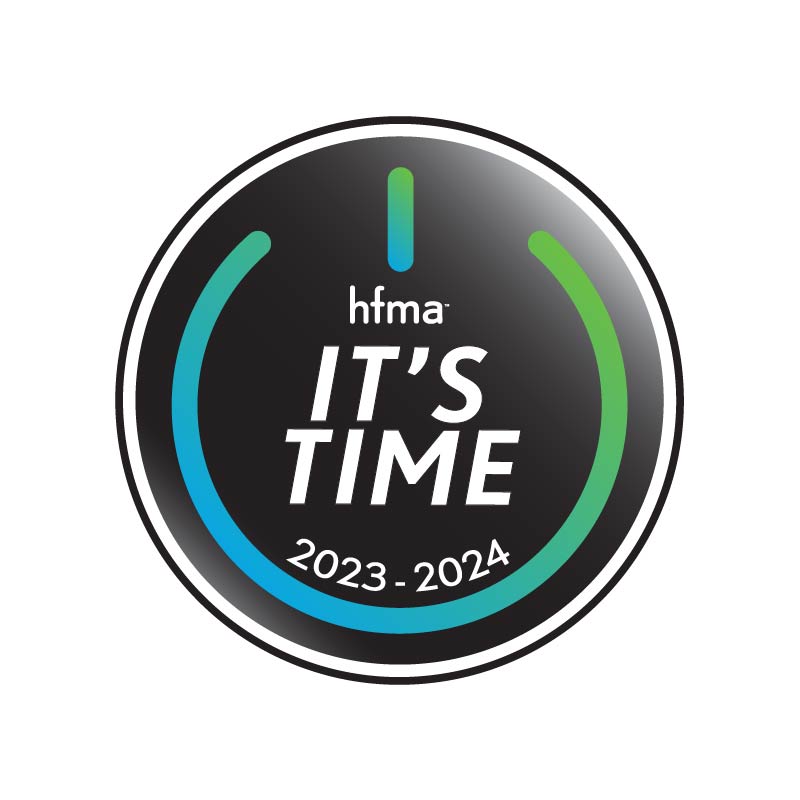Dennis Dahlen: It’s time to be biased toward action
We’re in an extraordinary period of discovery and innovation in healthcare, from a breakthrough treatment that delays the onset of Type 1 diabetes to the potential to use advanced artificial intelligence (AI) to help patients manage their health.
But embracing the promise of innovation within our organizations depends on our ability to lead teams to act on these discoveries. For healthcare finance professionals, it’s a call to determine where our expertise can help drive transformational change.
Recently, HFMA’s Healthcare 2030 project surveyed healthcare finance professionals to gauge organizations’ progress toward developing a strategy to address social determinants of health (SDoH). It’s an important question given the amount of data health systems possess.
But building and sustaining internal momentum for SDoH data collection depends largely on a health system’s ability to follow through on the insights it receives.
As one population health management executive in West Virginia told HFMA: “You can’t just collect the data. You have to act on it. You have to have processes in place to be able to connect patients to resources that meet the needs that are identified.”
As healthcare finance professionals, our mission is to lead the financial management of healthcare. No one assigned us this mission. We chose lead as the verb. And if we aspire to lead, we must look for ways to facilitate our organizations’ ability to act on opportunities for transformational change.
For example, just as generative AI is revamping the way we think about care management, it also holds strong potential to reduce administrative waste — a key contributor to burnout. Healthcare finance professionals are uniquely positioned not only to make the business case for generative AI, but also to lead its adoption in areas where the idea of automation may instill fear among employees who have long performed these processes.
As I shared during the HFMA Annual Conference this past June, leadership is messy. There’s a lot that goes into being a leader. It involves taking risks and being willing to fail, only to start over again and apply those learnings to our innovation journey.
If the future were hopeless, we could be forgiven for abrogating that responsibility. But nothing could be further from the truth. The tools for healthcare finance professionals to support discoveries in care and care access have never been more plentiful or more powerful. The technology and medical science innovators among us depend on us to embrace these tools. So do the communities we serve.

We’re in an age when human and machine interaction and collaboration are advancing discovery in healthcare like never before. There are smart minds with capital behind them that are looking for ways to transform cumbersome processes, like how we access primary care. It’s time for all of us in healthcare finance to act upon opportunities for innovation — and encourage our colleagues to do the same.





